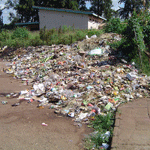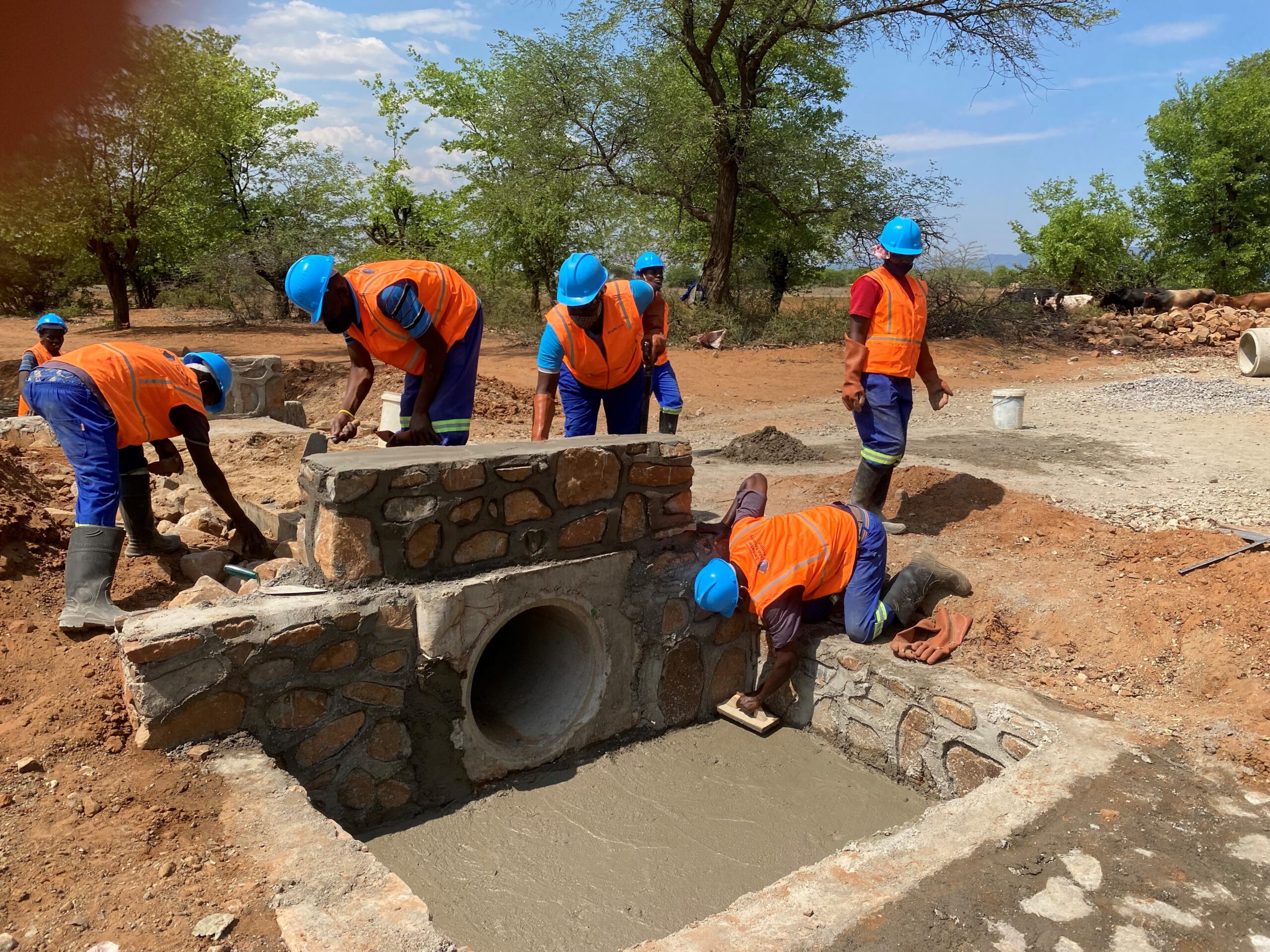
MOST boreholes in Harare are contaminated with heavy metals from unlined municipal dumps, exposing residents to diseases, an official from Environmental Management Authority (EMA) has confirmed.
BY SOFIA MAPURANGA
The failure by the Harare City Council to provide potable water has forced residents to drill shallow boreholes, even in inappropriate areas as sources of drinking water.
But health experts have warned residents against drinking water from such boreholes, especially from those that are near dump sites. EMA director general, Mutsa Chasi last week said surveys of water samples taken in Harare indicated that underground water was contaminated.
“Drilled boreholes may not be clean and are contaminated with heavy metals. Surveys are showing contamination of underground water, especially from unlined municipal dumps like Pomona,” said Chasi.
She said heavy metals such as lead and mercury from dump sites were seeping into underground water, posing a health risk to residents who drank the water assuming that it would be safe.
Chasi was speaking at the Environmental Management Authority Laboratory [EMAL] International Standards Organisation /International Electro-technical Commission (ISO/ IEC) 17025 certificate presentation ceremony in Harare.
EMAL is the second environmental testing laboratory to be accredited by Southern African Development Community Accreditation Service (SADCAS).
- Chamisa under fire over US$120K donation
- Mavhunga puts DeMbare into Chibuku quarterfinals
- Pension funds bet on Cabora Bassa oilfields
- Councils defy govt fire tender directive
Keep Reading
It was certified as a testing laboratory for microbial and chemical analysis of raw and potable water.
Most Harare residents had resorted to bottled or borehole water because they no longer felt safe drinking water from the local municipality since it was discovered to be polluted by sewage. SADCAS chief executive officer, Maureen Primrose Mutasa said policymakers should embrace accreditation as a best practice for national development.
“Accreditation is increasingly being accepted as the most transparent, non-discriminatory mechanism to assure competence of conformity,” said Mutasa. “It increases reliability and competitiveness of products and enhances market access, thereby facilitating trade.”
She said accreditation contributes towards national, social and economic development, thereby helping reduce poverty and improving the quality of lives for the general populace.











